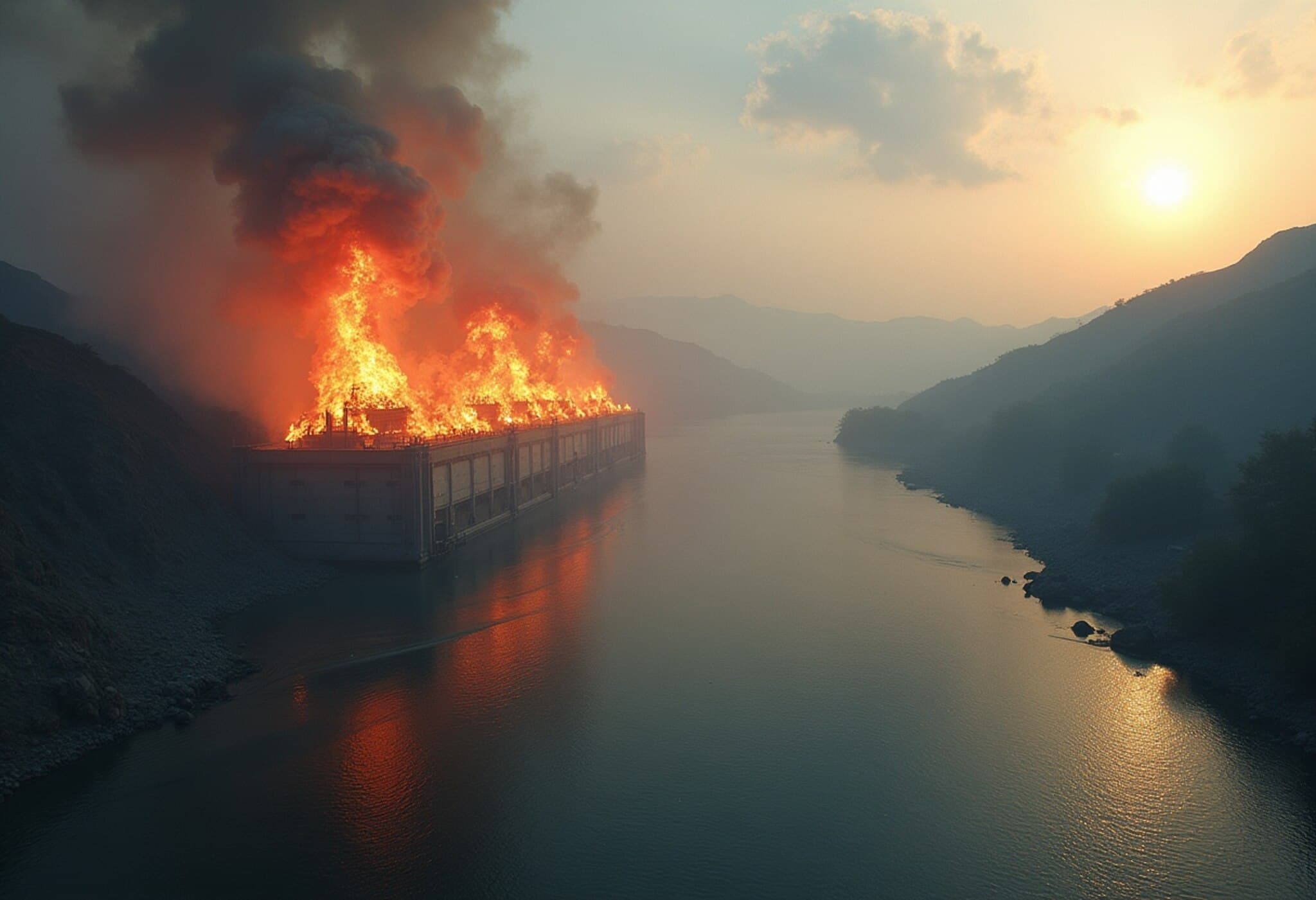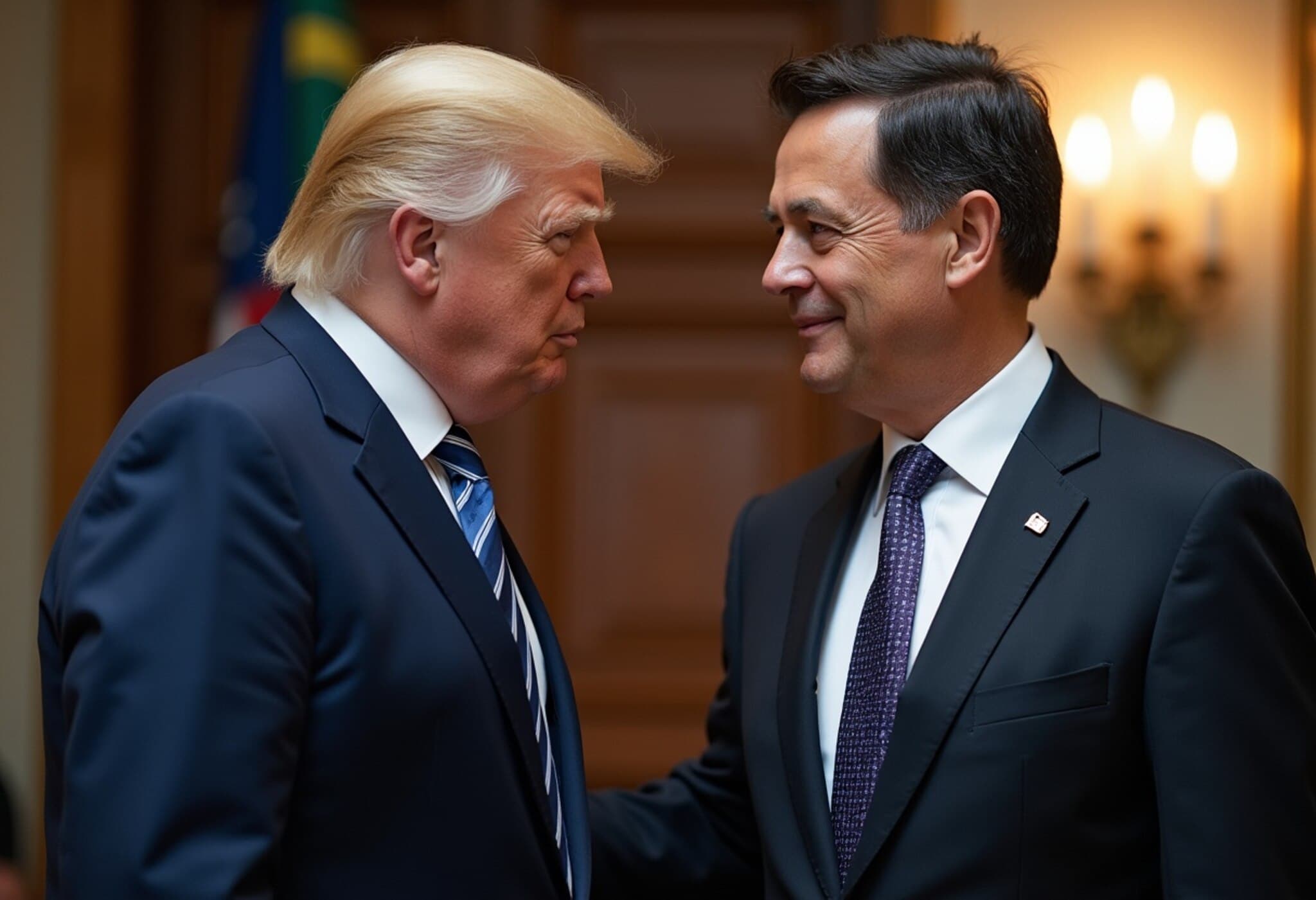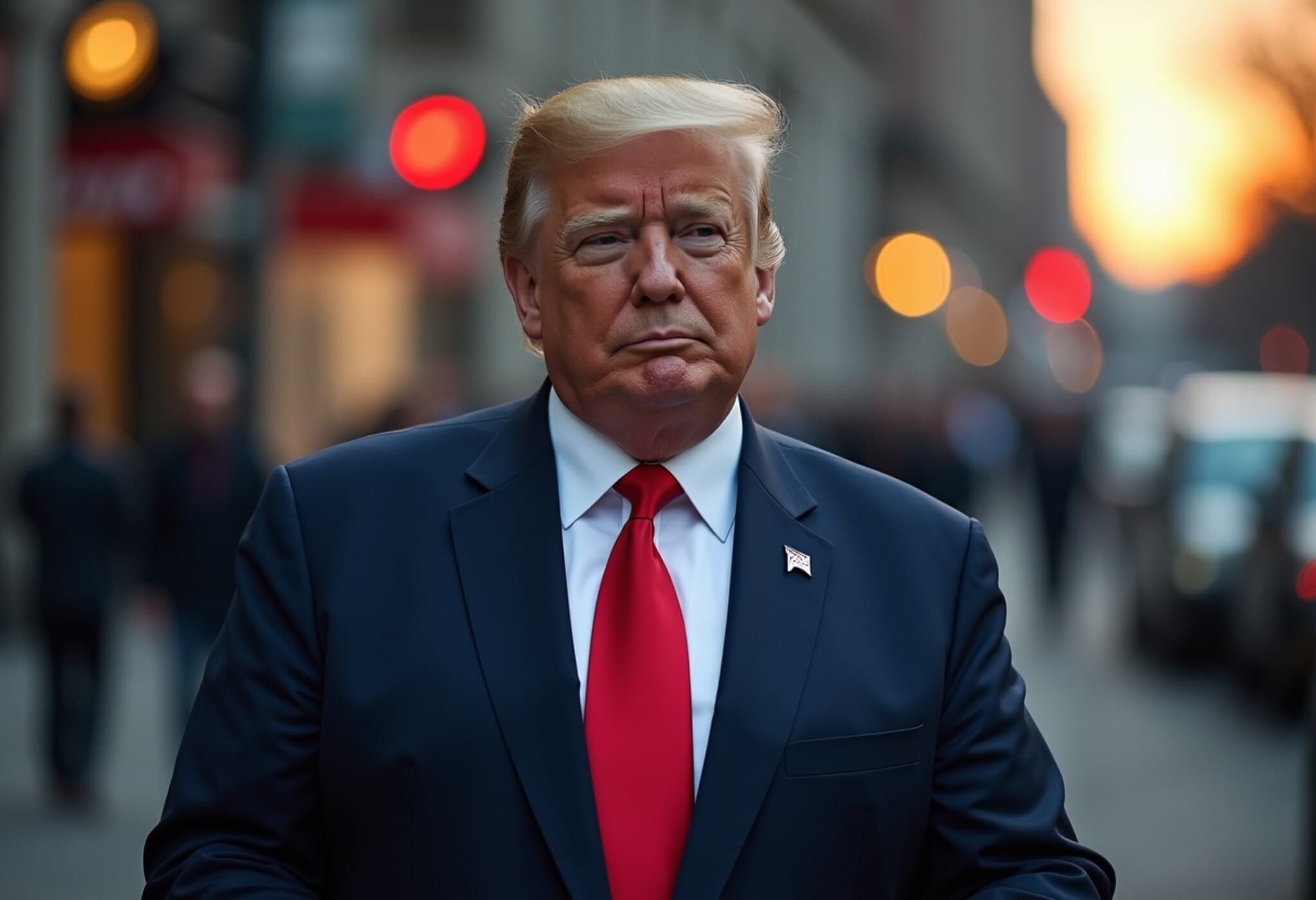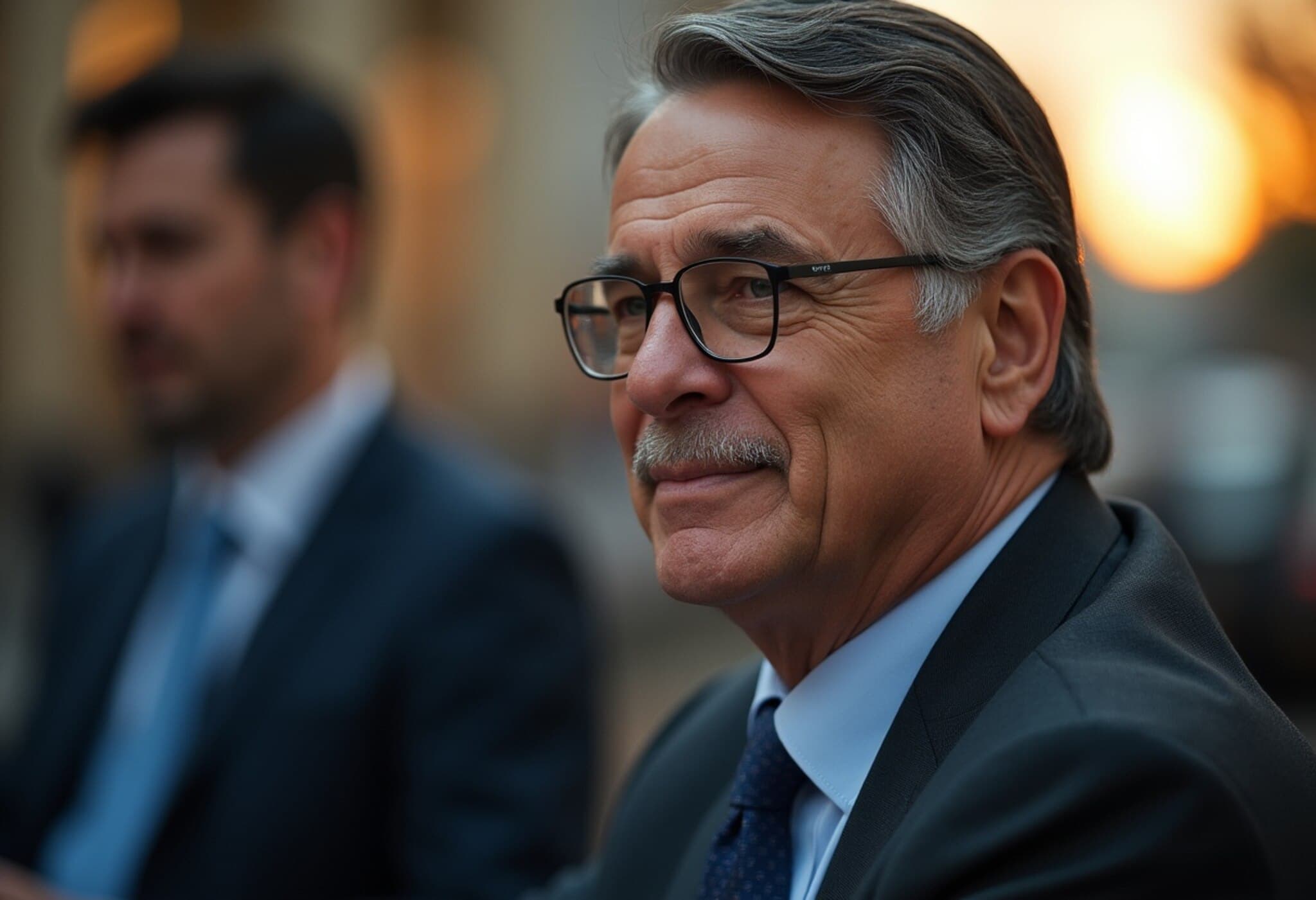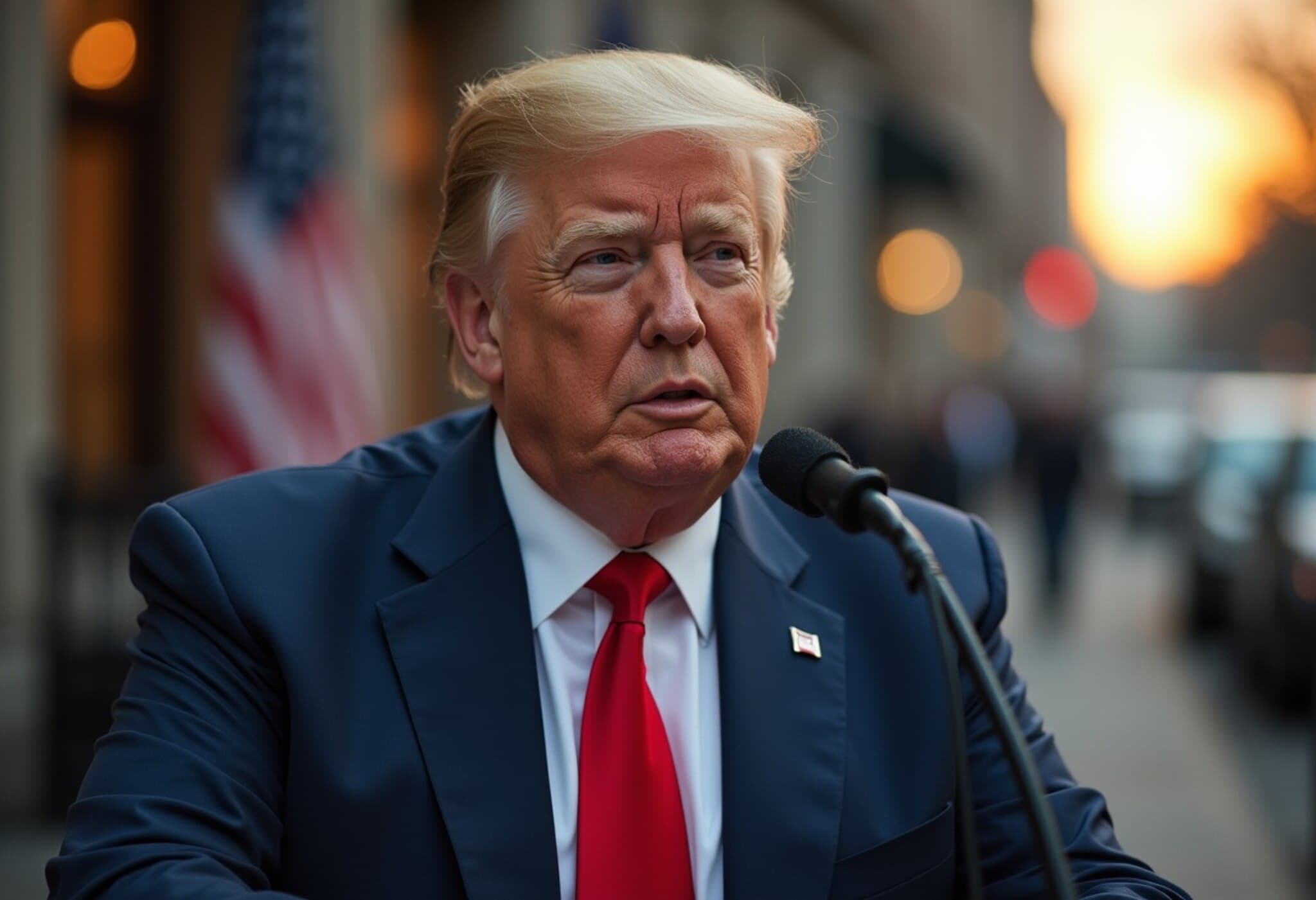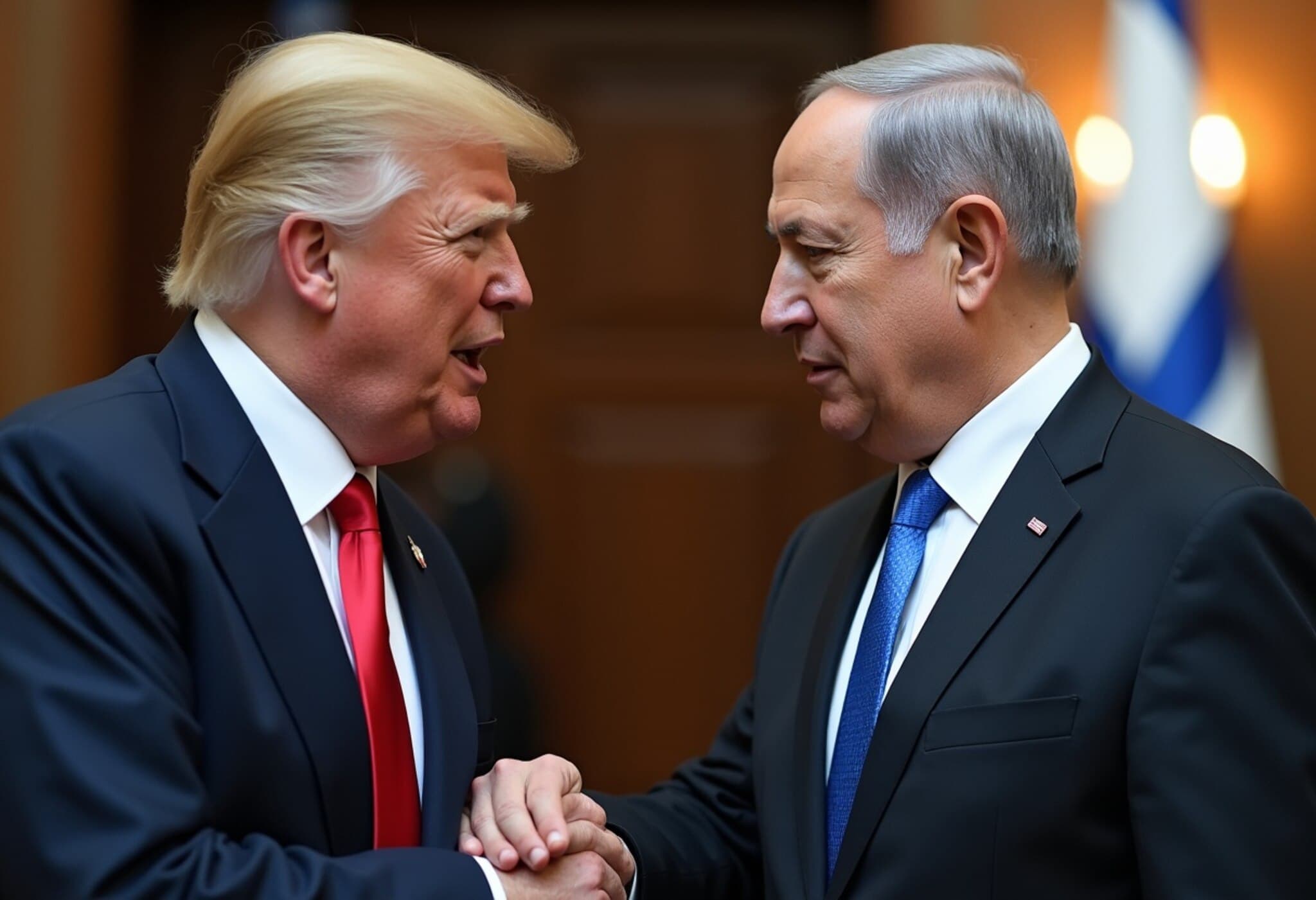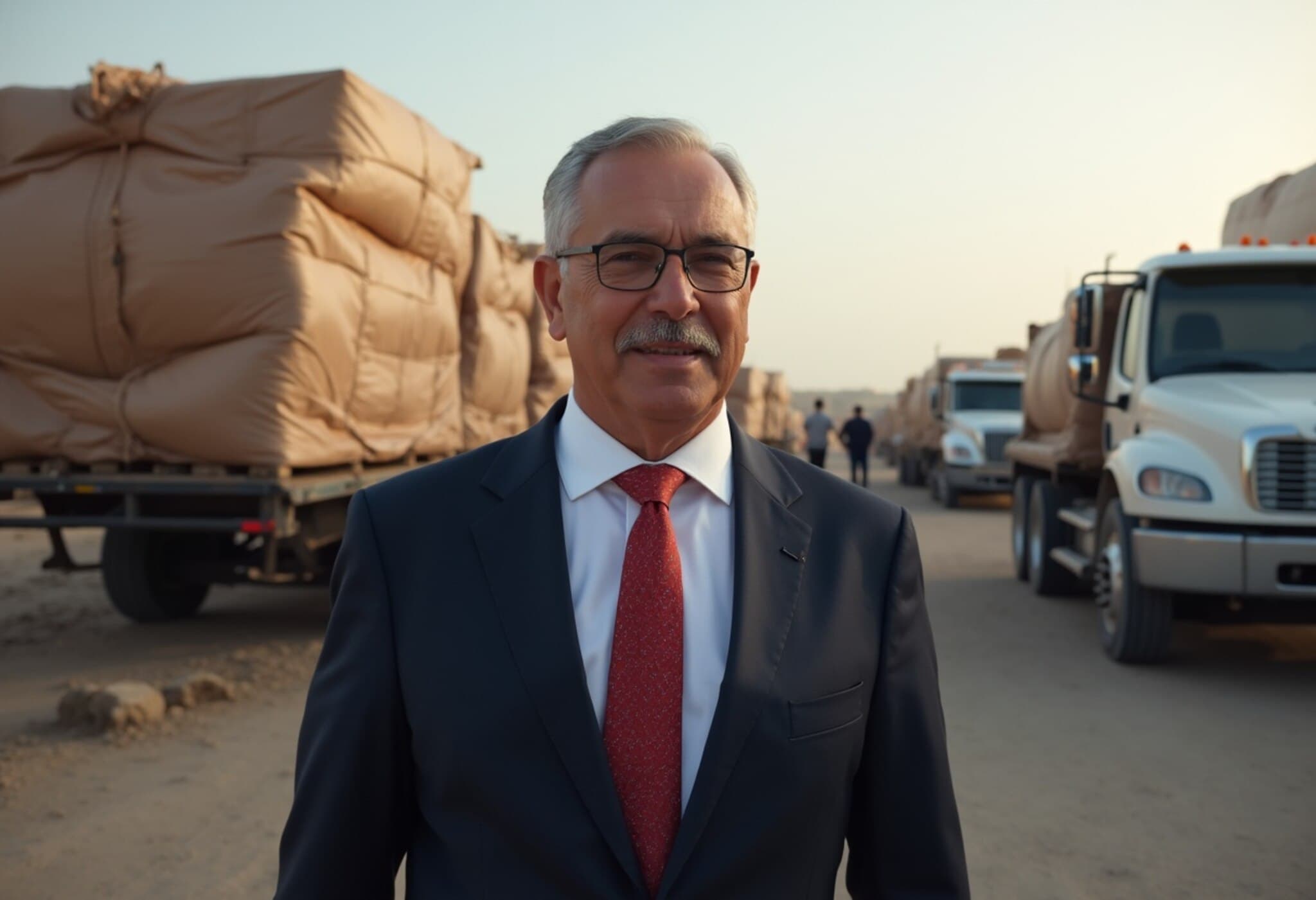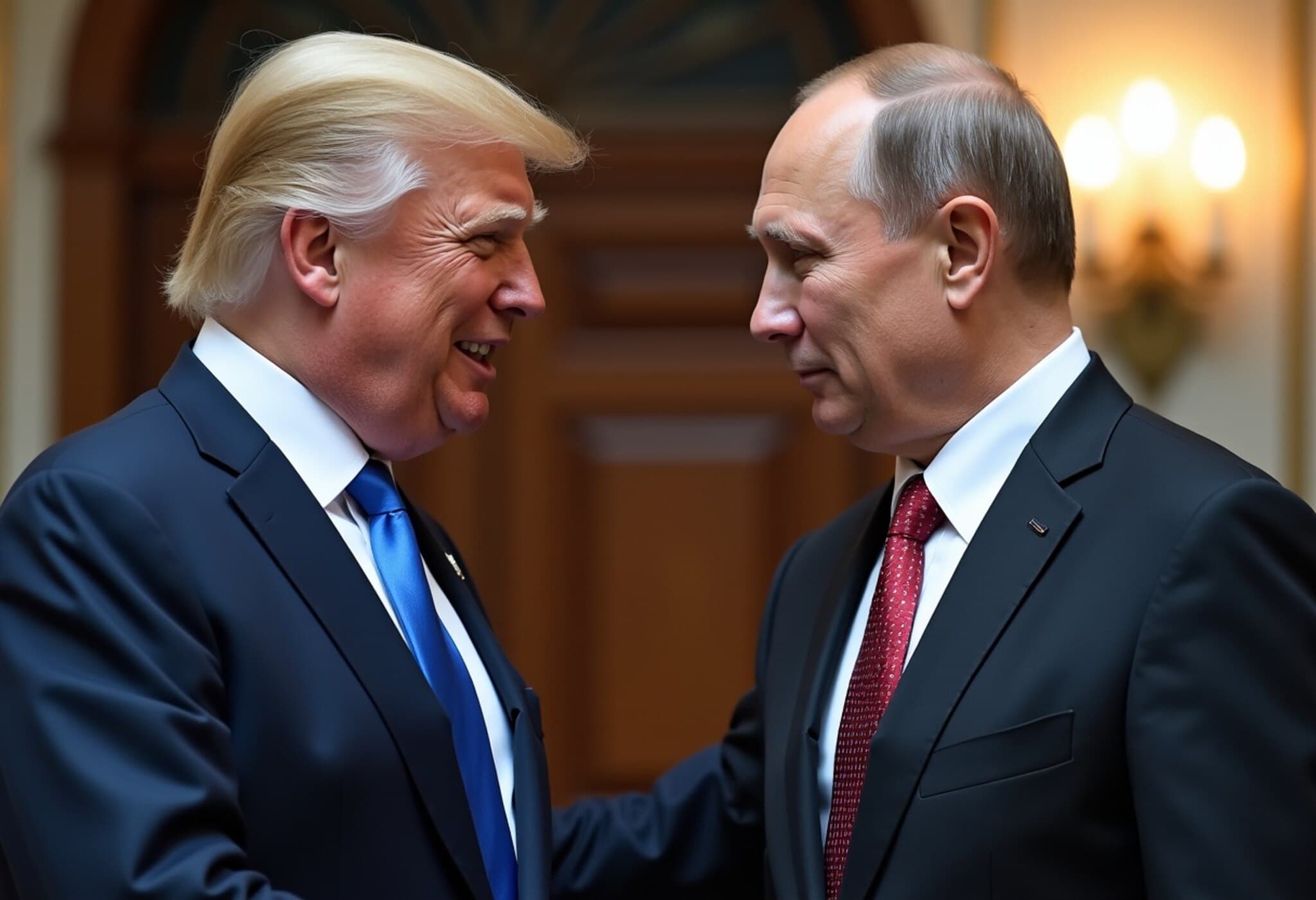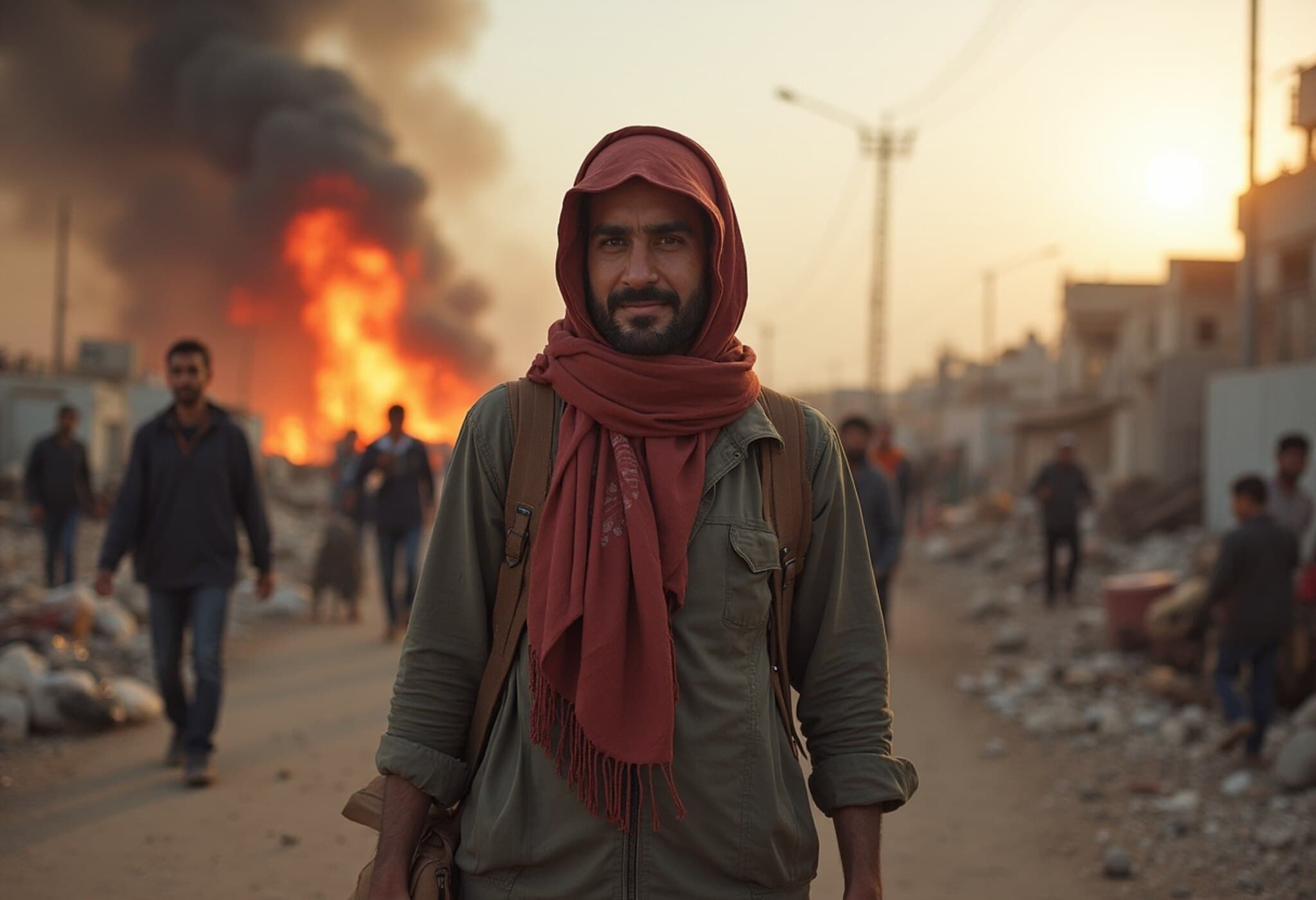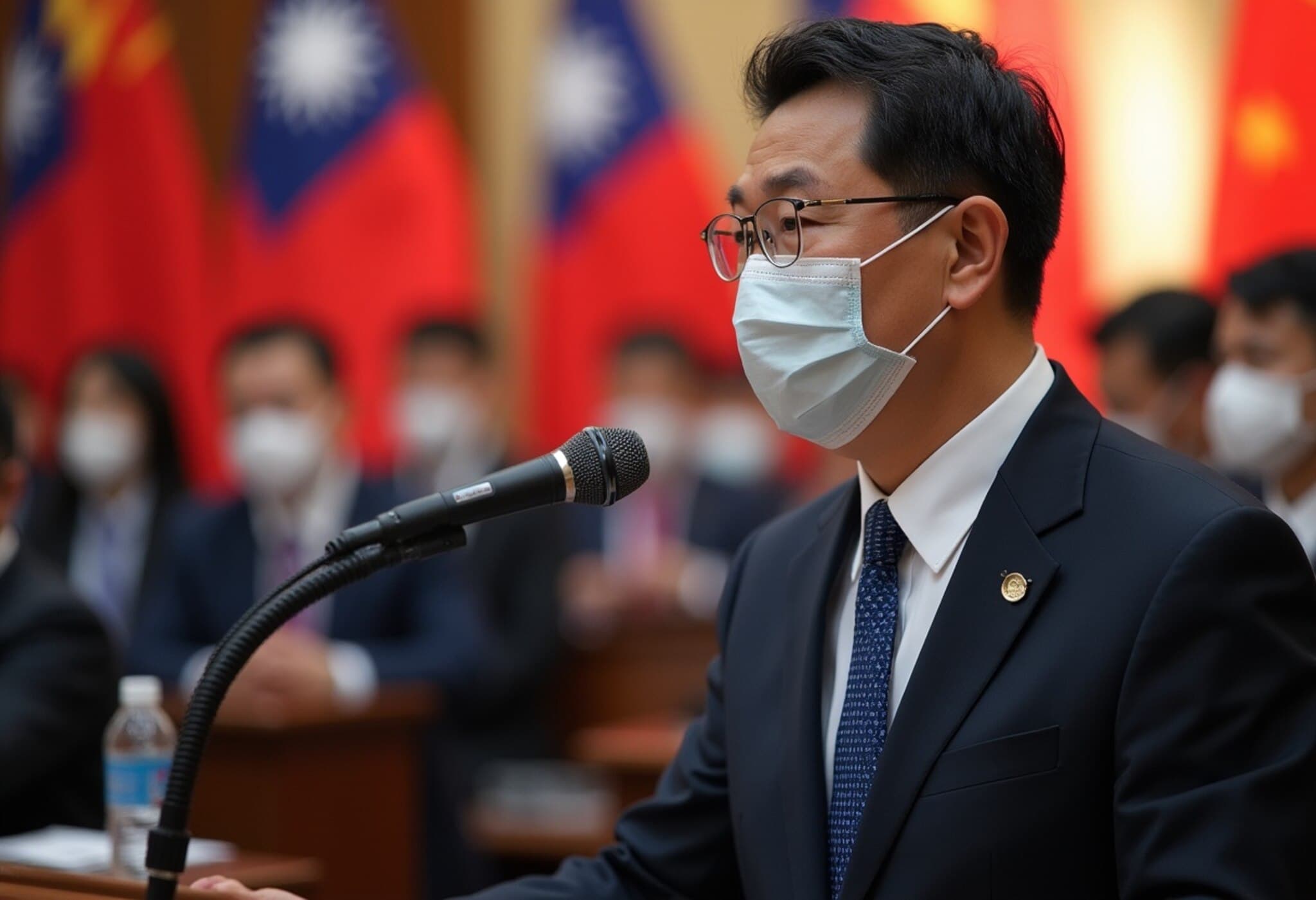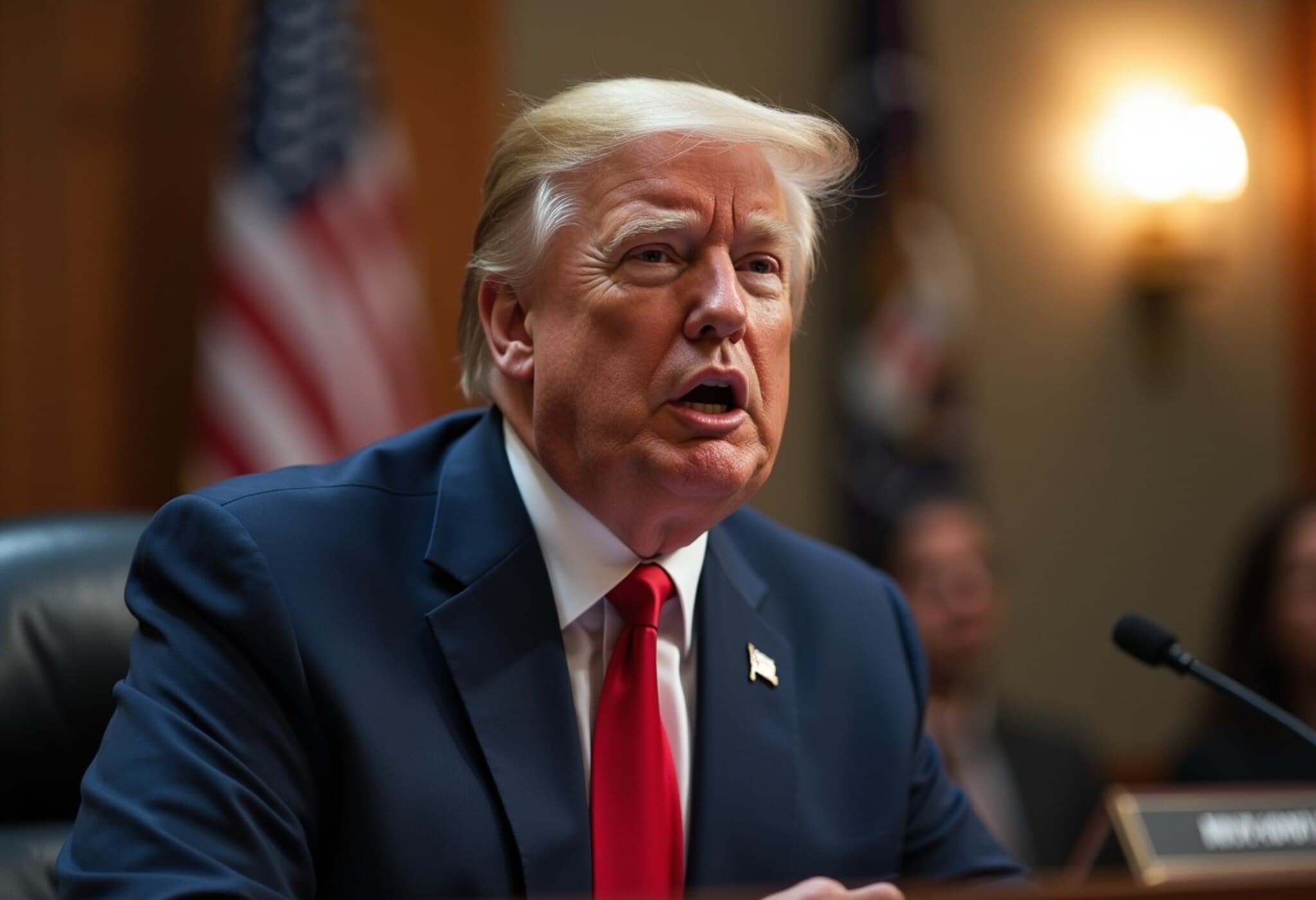India-UK Sign Pivotal Free Trade Agreement Boosting Exports and Jobs
In a landmark move, India and the United Kingdom finalized their first comprehensive Free Trade Agreement (FTA) on July 24, 2025. The deal unlocks duty-free access for 99% of India’s exports to the UK, a vital boost for India's textile, leather, engineering goods, and automobile component sectors—industries that are key job creators domestically.
Prime Minister Narendra Modi and UK Prime Minister Keir Starmer unveiled the agreement at Chequers, aiming to deepen economic integration between the two democracies. Bilateral trade has been on the rise, reaching $21.34 billion in 2023-24, marking steady progress toward a more robust economic partnership.
Key Benefits and Potential Challenges
- Textile and apparel exports to the UK will benefit from tariff reductions up to 20%, helping India edge out competing suppliers such as China and Bangladesh.
- Marine, animal, tea, and coffee products see tariffs eliminated, encouraging growth in these agrarian and export sectors.
- UK firms gain access to Indian government procurement under 'Make In India' rules, though concerns remain over local content requirements and potential risks to domestic industry protection.
- Tariffs on British aerospace, automotive, and electrical machinery imports are slashed dramatically, fostering UK exports.
- Alcohol tariffs on UK spirits are cut by half, paired with a minimum import price to protect against cheap product flooding.
- Service sector cooperation increases access for IT, legal, financial and educational services, promoting workforce temporary mobility across borders.
Though promising, expert voices caution that India's concessions on intellectual property rights and government procurement might set precedents limiting India's future trade maneuverability with bigger economies like the EU and US.
Expanding Regional Engagement: India-Maldives Cooperation and US-EU Talks
Following the UK visit, Prime Minister Modi traveled to the Maldives, launching Free Trade Agreement negotiations and announcing a Rs 4,850-crore credit line aimed at enhancing maritime infrastructure and regional stability. Modi emphasized peace and prosperity in the Indian Ocean region, underscoring India's strategic priorities amid shifting global alliances.
Meanwhile, India-US trade talks face challenges—particularly over sensitive agricultural and automotive sectors critical to Indian employment—while negotiations with the EU progress more steadily.
China’s $167 Billion Mega Dam on the Yarlung Tsangpo Raises Geopolitical and Environmental Concerns
China’s ambitious hydropower project on the Yarlung Tsangpo River—the Brahmaputra downstream in India—has sparked alarm in New Delhi and Arunachal Pradesh. The dam aims to generate 60 gigawatts of power, potentially China’s largest since the Three Gorges Dam, with significant implications for regional water security.
Local leaders and water experts voice fears of a “ticking water bomb” due to flood risks and disruption of downstream hydroelectric schemes. India's Northeast region holds nearly half of the country’s untapped hydropower potential, much of it reliant on Brahmaputra flows.
Though a 2013 MoU exists for sharing river data, China’s hesitance to provide consistent hydrological information fuels tensions. India’s proposed Upper Siang dam aims to assert energy sovereignty but faces slow progress.
These developments come amid cautious diplomatic thawing, highlighted by resumption of Kailash Mansarovar pilgrimages, tourist visa issuance to Chinese nationals after five years, and border dialogue. Yet, troop withdrawals and trust-building measures remain elusive.
Humanitarian Catastrophe Worsens in Gaza Amid Blockade and Failed Ceasefire Talks
The humanitarian crisis in Gaza has reached a critical tipping point, with starvation-related deaths surpassing 48 in three weeks, including 20 children. The Israeli blockade, intensified since March 2025, severely restricts aid delivery, exacerbating malnutrition among 17,000 children according to Gaza Health Ministry and medical experts.
International aid agencies accuse Israel of deliberately obstructing humanitarian aid. UN and European leaders call for immediate lifting of the blockade and a ceasefire, though Israeli and US officials express skepticism about negotiations with Hamas.
The ongoing conflict has caused nearly 60,000 deaths in Gaza and over 1,100 in Israel since the 2023 hostilities began, devastating civilian populations and raising complex geopolitical questions about accountability, diplomacy, and international law.
Escalating Thai-Cambodian Border Clashes Trigger Regional Displacement and Diplomatic Alarm
Violence along the Thai-Cambodian border has entered its third consecutive day, with clashes causing at least 32 deaths and forcing over 130,000 people to flee their homes. The dispute centers on contested territories, including the sacred Preah Vihear temple, a UNESCO World Heritage site.
The UN Security Council’s closed-door session urged restraint and peaceful resolution, calling on ASEAN to mediate. The longstanding border tensions underscore fragile bilateral relations in Southeast Asia, with risks of prolonged conflict threatening regional stability.
Amid this turmoil, the Indian government has advised its citizens to avoid border areas, reflecting concerns for expatriate safety.
Editor’s Note: Global Intersections of Trade, Environment, and Conflict
This week’s developments illustrate how economic partnerships, geopolitical contests, and humanitarian crises intertwine on the global stage.
- The India-UK FTA demonstrates India's strategic balancing act—deepening ties with Western economies while safeguarding domestic industries and labor interests.
- China’s mega dam project spotlights growing water diplomacy challenges, raising critical questions about transboundary resource management and geopolitical trust in Asia.
- The Gaza situation underscores dire humanitarian consequences when political deadlock impedes aid, spotlighting the urgent need for renewed multilateral engagement and conflict resolution.
- The Thai-Cambodian border clashes remind us that even protracted regional disputes demand sustained diplomatic efforts to prevent escalation and protect vulnerable civilians.
These intertwined narratives compel policymakers, civil society, and readers alike to reflect on how international cooperation can be reinforced amid economic rivalry, environmental stress, and human suffering.
Author: Ashiya Parveen, Commissioning Editor, The Indian Express (UPSC Section)
Contact: [email protected]

